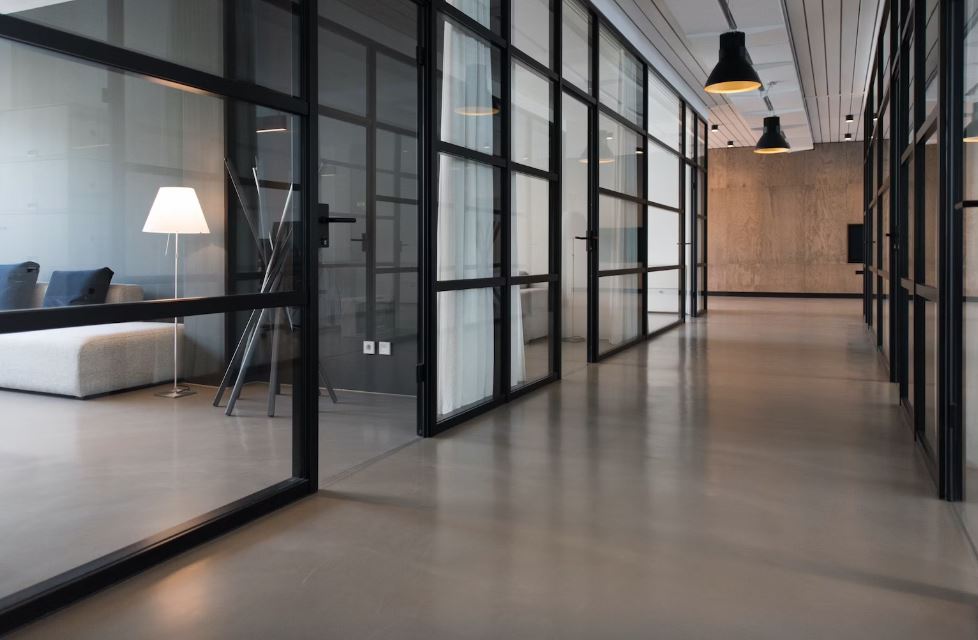Commercial buildings are one of the most important investments for any business owner. They provide a space for employees to work, products and services to be delivered, and customers to interact with the business. These buildings must be properly maintained to ensure their longevity and functionality.
In this guide, we will discuss the essential steps for commercial building maintenance and why it is important to implement them.
Why is Commercial Building Maintenance Important?
Maintaining a commercial building may seem like an additional expense, but it saves money in the long run. Here are some reasons why commercial building maintenance is important:
- Extends the Life of Your Building: Regular maintenance can significantly extend the lifespan of your building. It helps prevent major issues that can be costly to repair or even result in the need for a complete building renovation.
- Creates a Safe Environment: Regular maintenance ensures that all safety measures are in place and functioning properly. This includes fire alarms, emergency exits, and other crucial safety features.
- Protects Your Investment: A commercial building is a significant investment for any business owner. Proper maintenance protects this investment by keeping the building in good condition and preventing potential issues that can result in expensive repairs.
- Enhances Energy Efficiency: Regular maintenance ensures that all systems in your building are operating efficiently, which can help reduce energy costs. This includes HVAC systems, lighting, and insulation.
Essential Steps for Commercial Building Maintenance
Now that we understand the importance of commercial building maintenance, let’s discuss the essential steps that should be included in any maintenance plan.
1. Conduct Regular Inspections
The first step in maintaining a commercial building is to conduct regular inspections. This can help identify any small issues before they become major problems and also ensure that all safety features are in working condition. Inspections should include checking for leaks, signs of wear and tear, and any potential hazards.
2. Perform Preventative Maintenance
Regular preventative maintenance is crucial for keeping your building in top condition, preventing major issues from arising. Tasks such as checking and changing air filters, cleaning gutters, and inspecting roofing are just a few examples of the types of tasks that may need attention. However, some of these tasks require the expertise of professionals, like a commercial electrician in Indianapolis.
It’s important to have a team of qualified professionals who can assess and address any maintenance needs that may arise to keep your building operating smoothly and efficiently. So don’t neglect routine maintenance tasks, and be sure to enlist the help of professionals when needed to keep your building in tip-top shape.
3. Regularly Service HVAC Systems
HVAC systems are an essential part of any commercial building. Regular servicing and maintenance of these systems are crucial to ensure their efficiency and longevity. This includes changing filters, checking for leaks, and inspecting the overall functioning of the system.
4. Maintain Plumbing Systems
Plumbing issues can be a major inconvenience in a commercial building. To prevent these issues, it is important to regularly maintain and service plumbing systems. This includes checking for leaks, repairing any damaged pipes, and ensuring proper drainage.
5. Keep the Exterior Clean
The exterior of a commercial building is the first impression that customers will have when visiting your business. It is important to keep it clean and well-maintained to create a positive image. This may include regular power washing, repainting, and repairing any damages to the exterior.
6. Regularly Check for Pest Infestations
Pests can cause damage to a commercial building and also create a negative impression on customers. It is important to regularly check for any signs of pest infestations and take necessary measures to eliminate them.
7. Have a Plan for Emergency Situations
In case of emergencies such as fires, floods, or power outages, it is important to have a plan in place to ensure the safety of employees and customers. This may include having regular fire drills, installing backup generators, and creating an emergency evacuation route.
8. Keep Records of Maintenance and Repairs
Keeping detailed records of all maintenance and repairs done on the building can help in identifying any recurring issues and ensure that they are properly addressed. It also helps in creating a schedule for regular maintenance tasks.
Conclusion
Proper commercial building maintenance is crucial for the longevity, functionality, and safety of any business. By conducting regular inspections, performing preventative maintenance, and having a plan for emergencies, businesses can save money in the long run and protect their investment.
With these essential steps in place, commercial building maintenance can be effectively managed and ensure a positive experience for employees and customers alike. So, make sure to prioritize building maintenance in your business plan and reap the benefits of a well-maintained commercial building.




